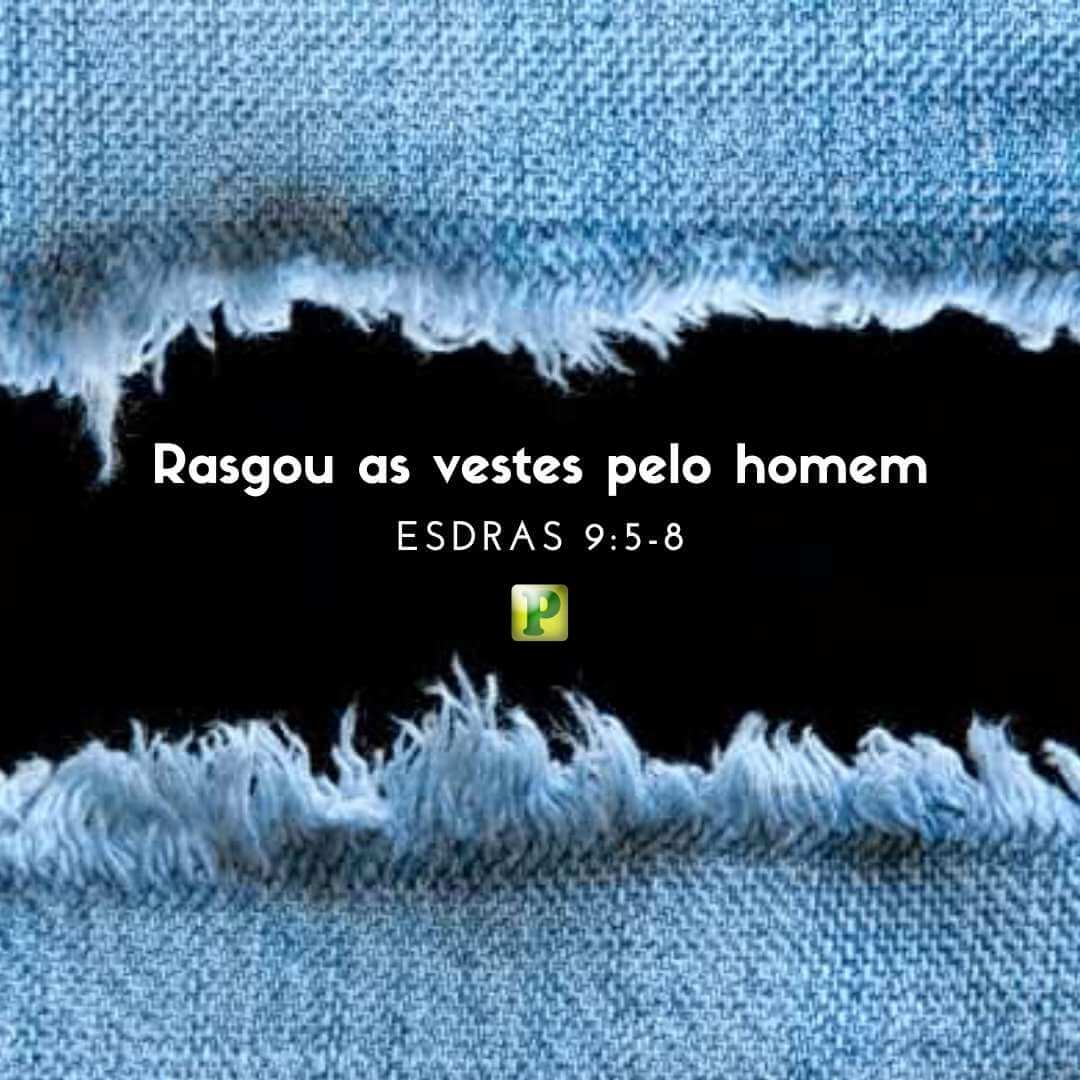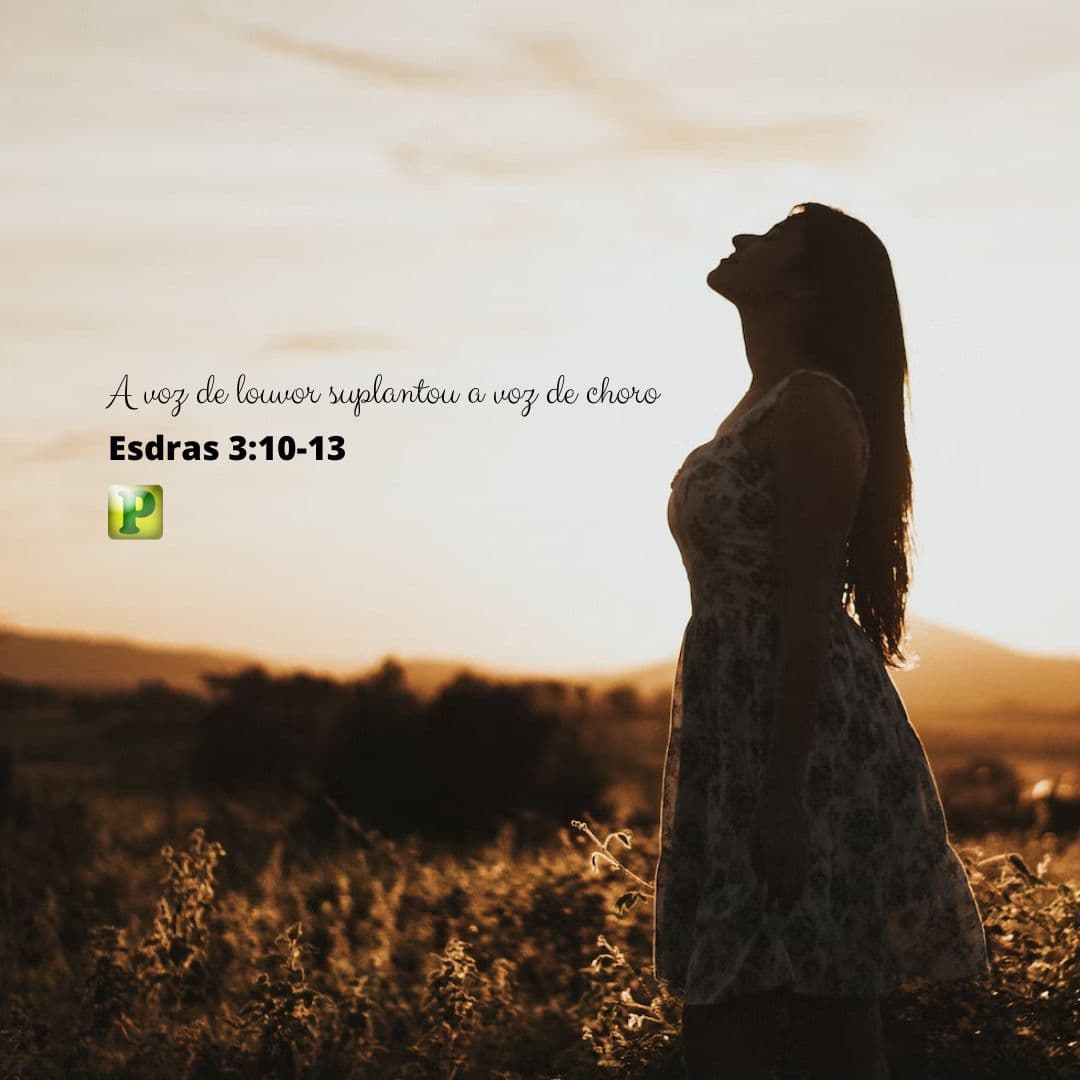The feast of the last hour – Preaching
Preaching Outline on Esther 1:3-9 – By royal order, each guest was allowed to drink as much as they wished, for the king had instructed all the palace stewards to serve them at will. Meanwhile, Queen Vashti was also offering a banquet to the women in King Xerxes’ palace.
Introduction to Esther 1:3-9
The book of Esther, although it doesn’t explicitly mention God’s name, is rich in spiritual lessons and profound analogies with the plan of salvation. In the basic text, we see King Ahasuerus holding great banquets, which symbolize significant moments of revelation and celebration in the context of the kingdom. These banquets point to God’s plan to call a people to himself, culminating in the final feast, the celebration of Christ’s union with his Church.
In this message, we will explore the symbolism of this “banquet of the last hour” and its application to the project of salvation through Jesus Christ.
Development
A Banquet (v.4)
“To show the riches of the glory of his kingdom, and the splendor of his excellent greatness…”
The 180-day feast reveals the king’s intention to show off all the wealth, glory and excellence of his kingdom. This feast is a figure of the period of grace that began with Pentecost.
At Pentecost, the Holy Spirit was poured out and the mystery of salvation was revealed. The riches of God’s kingdom began to be manifested, bringing life, power and transformation.
We live in a time when the world seeks earthly and fleeting glories. God, however, invites us to know the eternal riches of his kingdom through Christ.
The banquet of the last hour (v.5)
“The king made a feast for all the people who were in the fortress of Shushan, from the greatest to the least…”
The second banquet, held in the courtyard of the garden, points to God’s last call before the end of time.
Garden Courtyard: Symbolizes the Church, a place where guests can glimpse eternity (the royal palace).
Just as the king invited everyone, Jesus invites everyone, without distinction, to take part in his kingdom (Matthew 22:2-10).
We are living in the time of the last call. God is calling humanity to salvation in Christ. There is no distinction; everyone, from the least to the greatest, is invited.
The golden vessels and the royal wine (v.7)
“And they drank from golden cups… there was much royal wine, according to the king’s generosity.”
The golden vessels: They represent each one of us. Although different in shape, we are valuable and prepared by God to receive the wine (Holy Spirit).
Real wine: Symbol of the fullness of the Holy Spirit, poured out generously by God.
In John 7:37-39, Jesus promised that those who believed in him would receive rivers of living water, referring to the Holy Spirit.
God continues to pour out his Spirit on those who are willing to receive. No matter who we are or what we have done, in Christ we are golden vessels ready to be filled with His presence.
Free will at the banquet (v.8)
“And drinking was by law, without constraint; for so the king had commanded…”
The king didn’t force anyone to drink, but gave everyone the freedom to decide. This is a clear example of free will.
God never forces anyone to follow him. Salvation in Christ is a loving invitation, but it’s up to each individual to accept or reject it (Revelation 3:20).
We live in times of choice. God invites us to drink from the water of life and to be filled with the Holy Spirit. The decision to accept this invitation is ours.
Vashti and the loss of opportunity (v.9)
“Queen Vashti also gave a banquet to the women in the royal house of King Ahasuerus.”
Vashti symbolically represents those who reject God’s invitation to the heavenly banquet.
His refusal to attend the feast reflects a church or person involved in self-interest, incapable of submitting to the King’s purpose.
Just as Vashti was replaced, Jesus warned that the kingdom would be given to those who bear fruit (Matthew 21:43).
Many today are distracted by the “parties” of this world, neglecting God’s invitation. We need to evaluate our priorities and respond to the King’s call.
Esther: A prepared church (Esther 2:7,15)
Esther was chosen because she was prepared, submissive and gracious in the eyes of the king. She is a figure of the faithful Church, which is being shaped by the Holy Spirit for the great day of the marriage of the Lamb.
The Church is the bride of Christ, being prepared for the great heavenly banquet (Revelation 19:7-9).
The Holy Spirit is molding and correcting us so that we will be blameless on the day of Christ.
Conclusion of Esther 1:3-9
God is promoting the feast of the last hour, an urgent call for everyone to participate in his kingdom. The Holy Spirit is preparing a holy Church, purified and ready to meet the King.
Have you accepted the King’s invitation to the banquet? Don’t put off until tomorrow what can be decided today. The feast is ready and the King is waiting for you. Don’t be like Vashti, who missed the opportunity because she was involved in her own interests. Be like Esther, submissive to God’s purpose and ready for the great encounter.
“And the Spirit and the bride say, ‘Come! And let him who hears say, ‘Come! Let him who is thirsty come, and let him who is willing receive the water of life freely” (Revelation 22:17).
More Preaching Outlines
- The God who repeals evil – Esther 8:3-4
- Vashti’s rejection – Esther 1:9-22
- Esther 4:16 – If I perish, I perish
- The law will not be repealed – Esther 8






